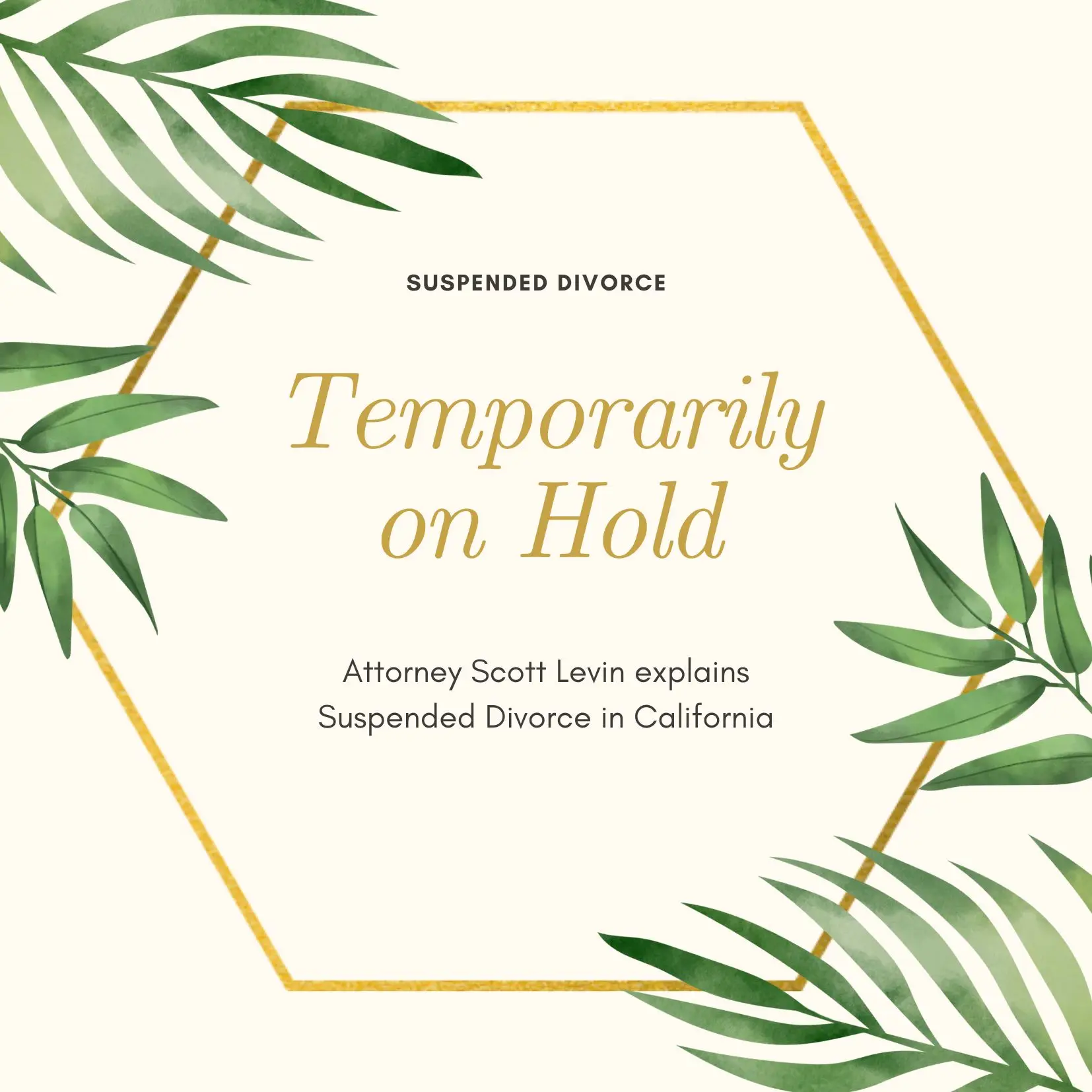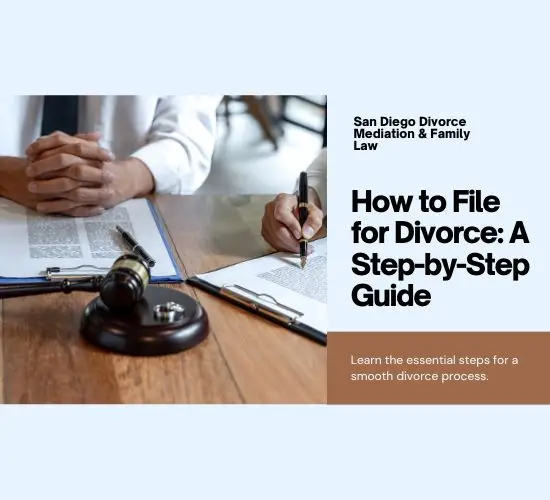Best Prenuptial Agreement Lawyer In San Diego – What Goes In A Prenup
Most often, couples enter into prenuptial agreements to designate and divide assets in the event the marriage ends. Couples can work collaborative with a pre nup mediation attorney to arrive at terms collaborative and then engage prenuptial attorneys to review and advocate for each. Overall, prenuptial agreements address financial issues going into marriage. When properly prepared, they are useful in identifying and relieving points of potential conflict before they arise and helping couples save considerable time and money by avoiding court should they find themselves in a later divorce action.
Prenuptial agreements commonly set out the pre-marital financial agreements of the couple contemplating marriage. They describe the assignment of property rights, debts, inheritances, businesses, and retirement distributions, among other subjects. They can be flexible and dynamic and if created through mediation, they can bring the couple closer together as they confront and talk through each of the issues. Mediation with an attorney whereby both parties in the couple discuss together their desires and fears and create dynamic solutions is the best process by which a prenuptial agreement arises.

WHAT SHOULD BE INCLUDED IN PRENUPTIAL AGREEMENTS
Property: In California, a prenuptial agreement most likely lists the property of the parties and characterizes each item as either separate, community, or quasi-community. In the event of a divorce, a valid prenuptial agreement usually takes precedence over later community or separate property determinations by a court.
For example, if you own a house before marriage and you don’t have an enforceable prenuptial agreement, you may potentially lose the claim that you own that property exclusively in a California divorce. That’s because family law guidelines require that mortgage payments, property value increases, and improvements made during the marriage on this property give rise to a community interest in the house. This means that you essentially need a clear title in your own name and a very clearly worded prenuptial agreement to set forth your exclusive separate property interests in the home if you wish for it to remain exclusively yours. A prenuptial agreement, in this instance, protects your separate property interest.
Likewise, a prenuptial agreement lists marital property, so that community property laws do govern at death or divorce. However, a prenuptial agreement lists more than separate or community property. You can determine what happens with your
- businesses
- debt
- investments,
- retirement,
- stock portfolios,
- savings,
- bank accounts,
- income,
- taxes,
- household expenses,
- schooling,
- credit cards,
- judgments,
and any other property that you would like handled in a specified (and lawful) way.
Children of previous relationships: Prenuptial agreements can safeguard the inheritance of children from a previous relationship. Without a written agreement, children or grandchildren from a prior marriage potentially lose their inheritance upon a parent’s or grandparent’s death. Probate and community property laws determine how property passes to the heirs of a deceased spouse. Under California law, a surviving spouse inherits all of the deceased spouse’s assets if no children of the marriage exist. A prenuptial agreement protects the children of the deceased spouse from losing inheritance rights.
One piece of an estate plan: Along with wills, living trusts, or other estate planning documents, a prenuptial agreement confirms that your property goes where you want it to go: family heirlooms, cars, jewelry, real estate, pensions, stocks, businesses, and any other assets.
Spousal Support: The agreement cannot fully waive spousal support but it can limit it under certain circumstances. This can be tricky and so it needs to be done in a way that conforms with the legal requirements and the parties need to fully understand their commitments in this regard.
WHAT SHOULDN’T BE INCLUDED IN PRENUPTIAL AGREEMENTS
Anything illegal. If your prenup includes acts in violation of state or federal law, a court will strike such unlawful provisions, or possibly the entire agreement as unenforceable.
Child Support & Custody: The courts ultimately decide child support terms as a matter of public policy, and parties cannot waive child support in a prenuptial agreement. The best interests of the child and other factors contribute to a child support decree. Child custody also gets finally determined by the courts but you can include expressions of your desire that should you end the marriage in divorce, that both parties desire for each to remain involved as loving and caring parents.
GET ADVICE
With the help of an experienced family law attorney in San Diego like Scott Levin who can help you understand your rights and options and draft and review your agreements, you and your prospective spouse can map out how you want to handle your property and other important issues–and then rest assured you’re covered when you need it most.











